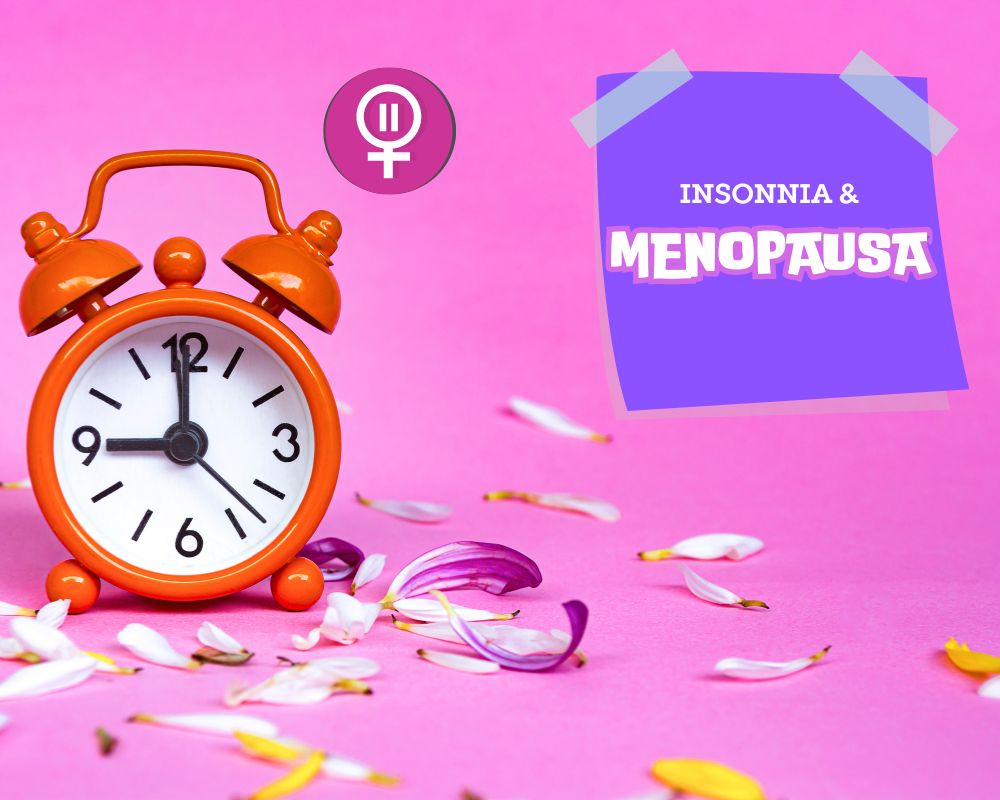Insomnia and Menopause: Causes and Treatment Options
As women go through the menopausal transition period, they may experience a range of physiological and psychological changes due to declining reproductive hormones. One common issue that arises during menopause is insomnia, with many women reporting poor sleep quality, reduced duration, and early morning awakenings.
Sleep disorders can lead to various issues such as fatigue, mood disorders, memory impairment, lack of attention, and even accidents, affecting one’s daily life and well-being. The discomfort caused by menopausal symptoms like hot flashes, night sweats, palpitations, mood changes, anxiety, and depression can further exacerbate sleep problems.
Research has shown that women who undergo surgery-induced menopause and do not receive hormone therapy are more likely to experience sleep disturbances compared to those with a natural transition, regardless of age or time since the intervention.
Several factors contribute to insomnia during menopause, including changes in reproductive hormones, vasomotor symptoms like hot flashes, mood disorders, and alterations in the circadian rhythm and melatonin secretion. Estrogen, for example, plays a significant role in promoting sleep by blocking neurotransmitters that induce wakefulness and regulating body temperature for optimal sleep conditions.
Managing insomnia during menopause involves both non-drug and pharmacological treatment options. Cognitive behavioral therapy for insomnia (CBT-I) is recommended as a first-line intervention, focusing on improving sleep through behavioral and cognitive techniques. Non-hormonal pharmacological treatments like benzodiazepines, antidepressants, melatonin, and orexin antagonists can also be considered if CBT-I is not effective.
Hormonal drug therapy may be beneficial for women experiencing hot flashes alongside insomnia, but the potential risks and side effects should be carefully evaluated. Transdermal hormone therapy, particularly with micronized progesterone, has shown effectiveness in improving sleep and reducing menopausal symptoms.
In conclusion, the management of insomnia in menopausal women requires a personalized approach that addresses the underlying causes and symptoms. While more research is needed to establish clear guidelines for treatment, current strategies emphasize the importance of CBT-I and a comprehensive evaluation of hormonal and non-hormonal options to improve sleep and overall well-being during menopause.
